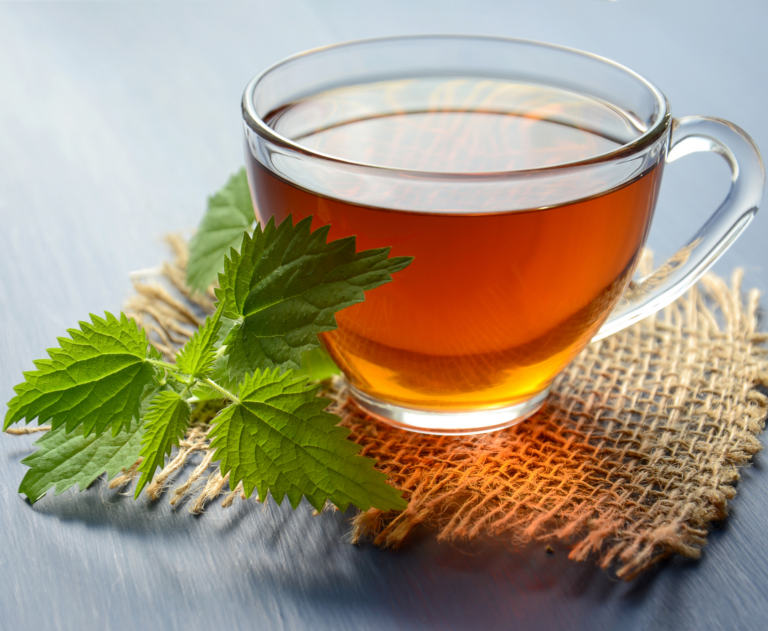Tea is the second most consumed beverage in the world after water and is famed not only for its taste but also due to its potential health benefits. Not all teas are the same. Black, White, Green, and Oolong teas all come from the Camellia sinensis plant, but the way they are processed changes not only the flavour of the tea but also the potential health benefits. While not technically tea due to not being Camellia sinensis leaves, herbal teas also have a wide variety of flavours and potential health benefits.

Black Tea
Black tea is rich in antioxidants called polyphenols associated with improved heart health. Studies suggest that regular consumption may contribute to lower blood pressure and cholesterol levels, reducing the risk of cardiovascular diseases. Black tea has also shown potential in enhancing cognitive function and reducing the risk of stroke.
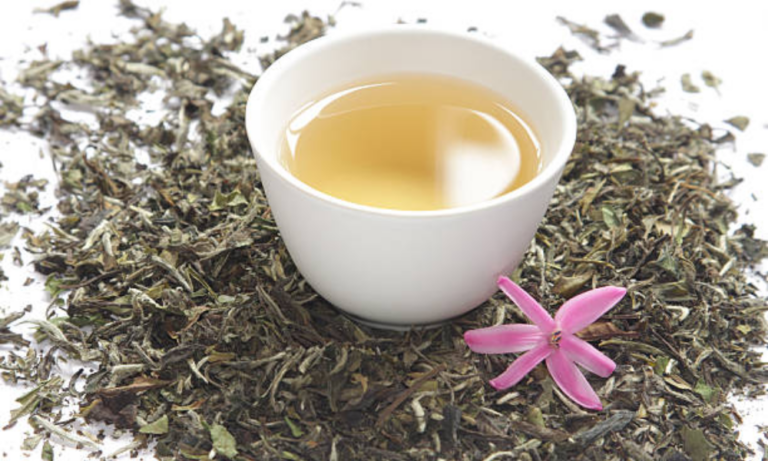
White Tea
With a notable concentration of catechins, white tea shows strong anti-inflammatory and antioxidant properties, which may contribute to improved skin health and protection against oxidative stress. Some studies propose that white tea may aid in weight loss by enhancing metabolism and reducing the formation of fat cells.
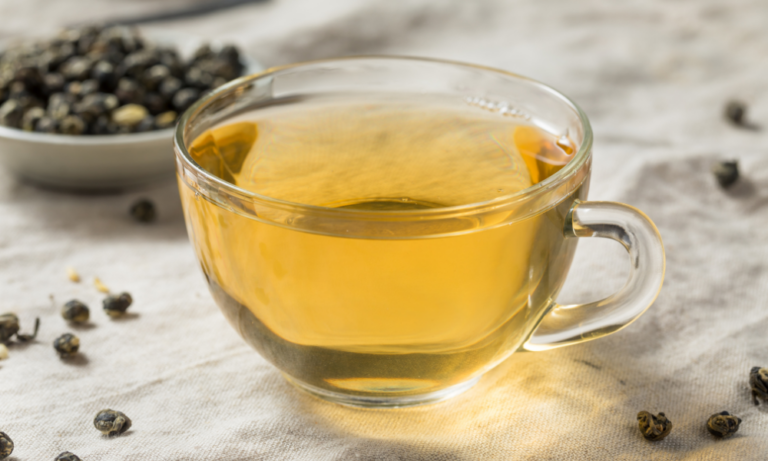
Oolong Tea
High in antioxidants, such as aflavins and catechins, oolong tea has been linked to improved heart health by
promoting lower cholesterol levels. Its polyphenols may also contribute to improved metabolism, aiding in weight management. Some research suggests that oolong tea may help control blood sugar levels, potentially helping individuals with diabetes.
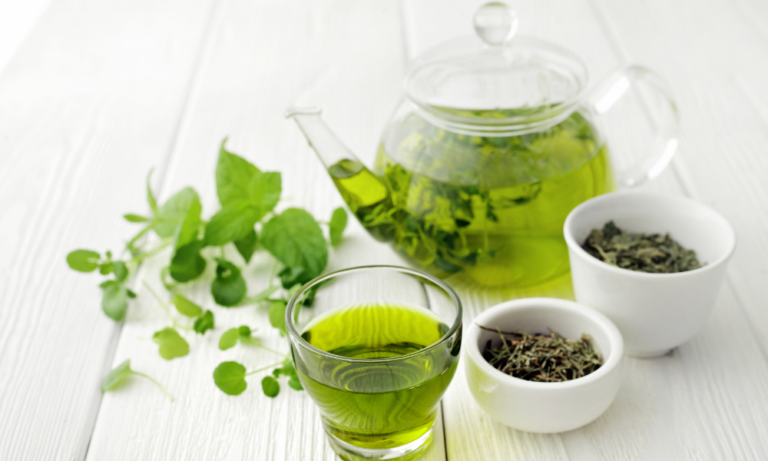
Green Tea
Green tea is renowned for its high concentration of catechins, particularly epigallocatechin gallate (EGCG). These antioxidants have been studied for their potential cancer-fighting properties and their role in promoting heart health by lowering cholesterol and blood pressure. Green tea is also associated with improved brain function and a reduced risk of neurodegenerative diseases.
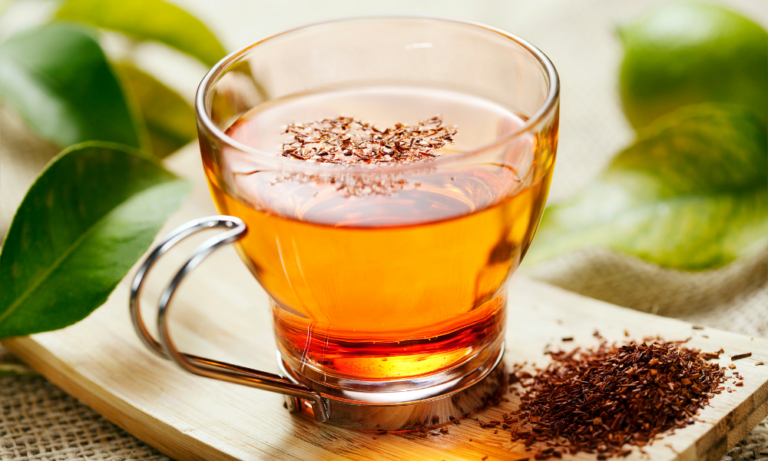
Rooibos Tea
Rooibos tea is caffeine-free and rich in antioxidants like quercetin and aspalathin giving it potential anti-inflammatory and anti-allergic properties. Studies suggest that rooibos tea may contribute to improved cardiovascular health by reducing blood ressure and cholesterol levels. Its unique antioxidants may also play a role in protecting against oxidative stress.
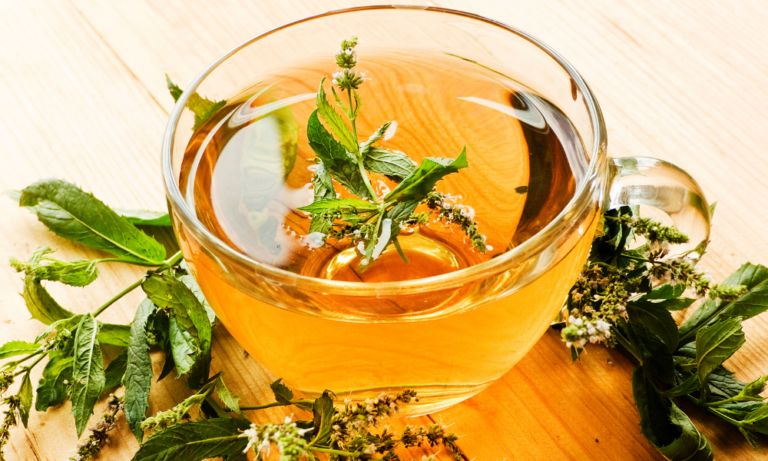
Peppermint Tea
The menthol in peppermint tea has been linked to relieving symptoms of irritable bowel syndrome (IBS) and indigestion. This tea can help alleviate headaches and improve concentration, making it a popular choice for stress relief. Menthol, one of the compounds found in peppermint, improves the perception of airflow through the nose, so drinking it can help make you feel better if you have blocked sinuses.
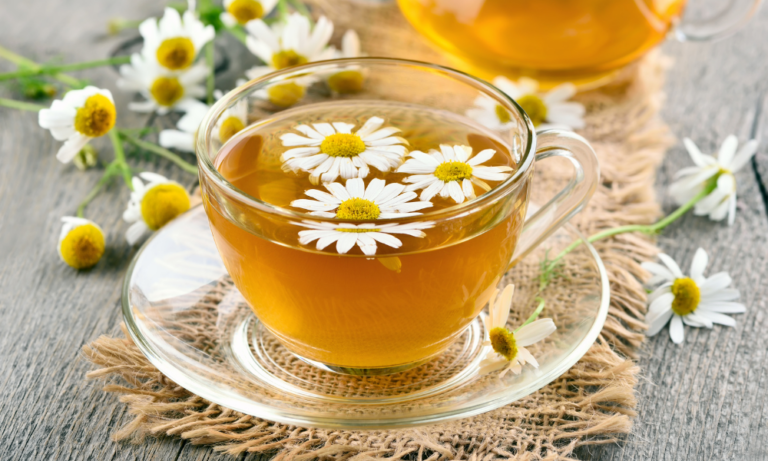
Chamomile Tea
Research suggests that chamomile tea may improve sleep quality, making it a popular choice for those struggling with insomnia or anxiety. Its anti-inflammatory properties may also aid in soothing skin conditions and promoting overall digestive health. A small-scale study also showed that people with diabetes who drank chamomile tea had lower blood sugar levels than those who drank only water.
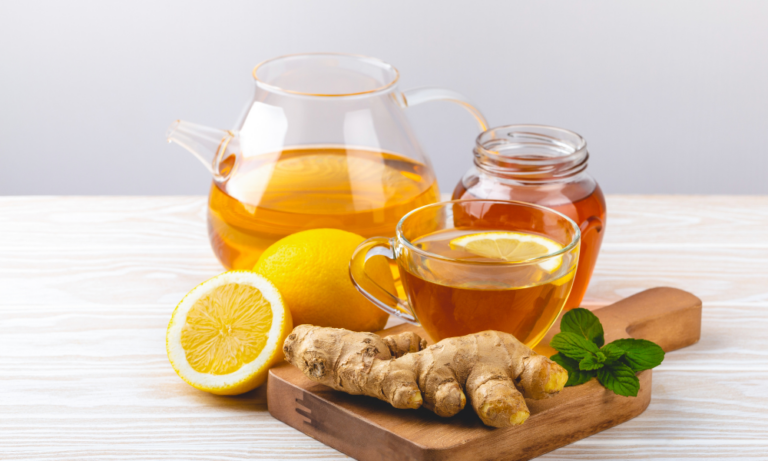
Ginger Tea
Ginger tea boasts anti-inflammatory and antioxidant properties. Studies show that ginger tea may help alleviate nausea, making it a natural remedy for morning sickness and motion sickness. Its anti-inflammatory effects may also contribute to reduced muscle pain and improved joint health. Ginger tea also appears to support weight loss by enhancing metabolism and reducing appetite.
